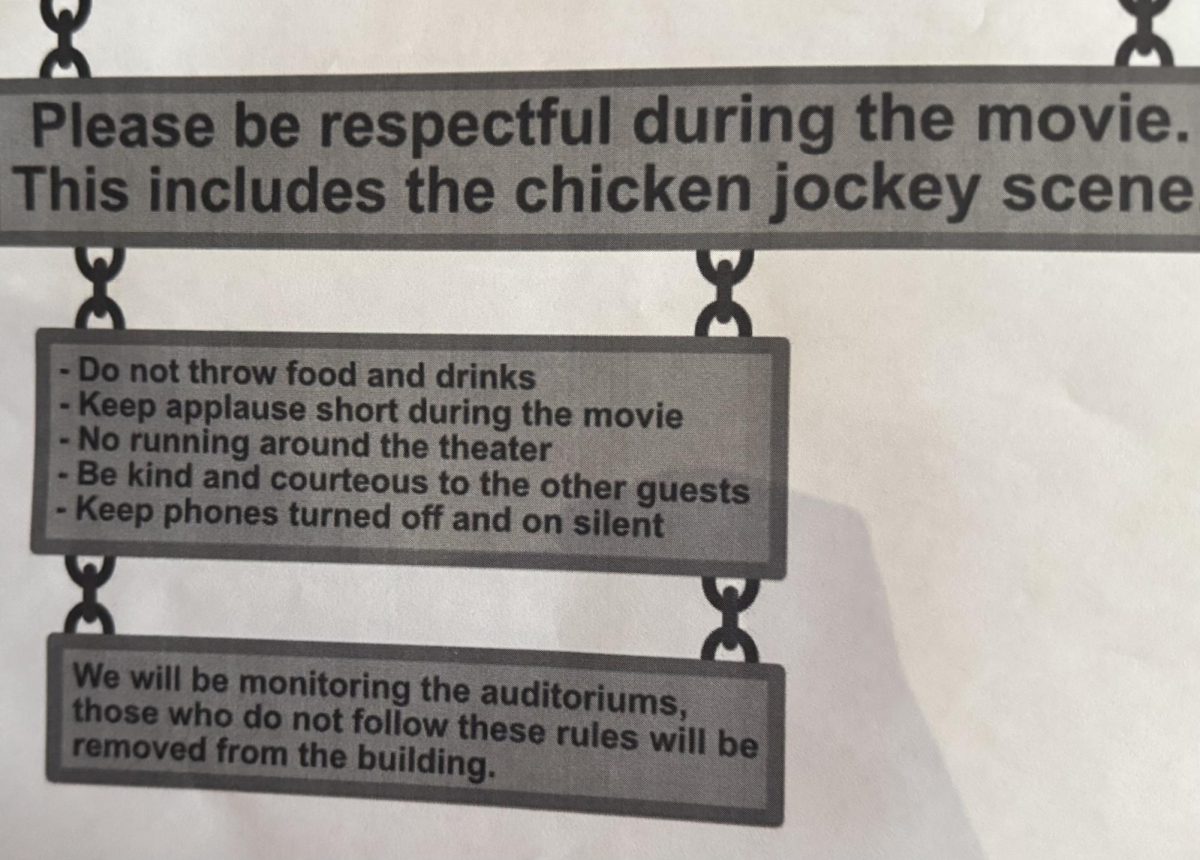When Gary Johnson committed his infamous “What’s Aleppo?” gaffe, MSNBC commentator Mike Barnicle berated the Libertarian candidate for presidency by reminding him that Aleppo was, “the epicenter of the refugee crisis.” Of course Aleppo isn’t currently the epicenter of the refugee crisis, as the entire rebel-held eastern section of the city is under siege, meaning no one can get in or out. This mistake was not reported by the press as the standard for understanding anything about the Syrian Civil War is incredibly low. Unfortunately the situation in Aleppo is deteriorating quickly, and requires strong and educated decision to solve. Ignoring the issue entirely, like many choose to do on this campus, or suggesting, like Republican nominee Donald Trump did during the second debate, that discussion regarding Aleppo is useless given Assad’s military advantages in the battle. We need to identify what is driving the humanitarian situation in Aleppo, who is responsible and what needs to be done.
The Siege of Aleppo is, by definition, a military crisis. Only smuggled people or goods can go in or out of rebel-held eastern Aleppo as Syrian Army soldiers and allied militias encircle the entire area. Western Aleppo may not be entirely under siege, but the war has irreversibly damaged the city’s infrastructure, leaving two million people as a whole without running water or electricity. In rebel-held Aleppo, however, the situation is far worse; food and medicine are becoming rare commodities as the regime-imposed siege has stopped not only the flow of rebels and weapons, but humanitarian supplies as well. This is a military decision by the Assad regime in order to make the rebel holdings in Aleppo unsustainable.
The most infamous war crimes committed have been the constant bombardments of civilian targets with both cluster bombs and bunker busting bombs. Given that cluster ammunition spreads over such a wide area, it is incredibly risky to civilians, especially given that many of the bombs will not explode right away, making it dangerous for many in Aleppo to leave their children unattended, lest they wander too close to leftover cluster munitions. Although bunker buster bombs are not illegal, utilizing them to target underground hospitals certainly is. There is estimated to be only one running hospital in rebel-held Aleppo as the bombing campaign has deliberately targeted doctors and the places where they work. This means that 400,000 people in rebel-held Aleppo only have one place to go if they or their loved ones are injured in the all too frequent bombings.
These bombings, and indeed the siege itself, is not committed by both sides of the civil war, but rather solely by the Assad regime and its allies. Although the rebels in Aleppo and the surrounding area are certainly not perfect, they simply do not have the firepower to devastate Aleppo in the way the regime has done. More cynical observers, including myself, would take note that Assad may be compensating for the inability for his ground forces to hold territory without the Syrian and Russian airpower. These tactics have occurred during the Second Chechen War, in which Putin used attrition alongside his air force to turn the city of Grozny into an uninhabited ruin. It should come as no surprise that Putin has no moral qualms with working with the Assad regime. In fact, most of the bombings occurring in rebel-held Aleppo now are done not by the Syrian regime, but by the Russian air force.Assad’s other allies, Shia militias from Iraq, Iran and Lebanon should also constitute a humanitarian concern. With over Iraqi Shia militias constituting over half of the entire regime’s ground forces according to an article in the Washington Post, there are legitimate fears of sectarian targeting of Sunni civilians of the Assad regime takes over the entirety of Aleppo. While such crimes have not yet occurred in the rest of Aleppo, anger over the length of the siege may broil over in an incredibly awful fashion.
Unfortunately there are no easy answers to ending the suffering in Aleppo. Clearly this situation cannot merely be remedied by aid and humanitarian assistance as no aid is allowed into rebel held sections of the city; to stop the bombings and the siege of Aleppo, military force is required. The United States may not need to get involved in order to end the siege, after all rebels from both the Free Syrian Army and the Army of Conquest, a coalition of Islamist factions, temporarily broke the siege in August. That being said, the rebels were only able to hold onto their newly established corridor for about a month until Russian and Syrian regime air power restored the siege. Perhaps arming the rebels with more sophisticated weaponry would solve this problem, but America’s history of arming insurgents has had mixed results at best. None of the various armed factions in Syria are perfect, and arming them may escalate the conflict into new heights of violence. A no-bombing zone would probably be best for the average Syrian living in rebel-held Aleppo, but is unlikely to occur as many fear an escalation with Russia, a direct player in the Syrian Civil War. Many Macalester students argue any American intervention in Syria would end in a disaster and thus must be avoided at all costs. While this statement is understandable, we must recognize that failing to take action may allow the complete destruction of Aleppo and its inhabitants. If the United States was able to intervene in Iraq in order to stop ISIS from annihilating the Yazidi population, hypothetically the United States is morally obligated to do the same for the people of Aleppo. Perhaps the idea that Assad is a “civilized” and “secular,” leader persuades many within the confines of Macalester that he is the “lesser evil,” and thus must be tolerated in order for Syria to survive. I can assure you the 400,000 people in rebel-held Aleppo do not see things in this regard. There are no good choices in regard to Syria, but someone, whether it be the Syrian rebels, Syria’s neighbors or the outside community, must act lest Aleppo, and Syria as a whole, continue to be subjected to the bombings, sieges and war crimes that mark the Syrian Civil War .







Dominic Simpson • Sep 10, 2019 at 8:22 am
Why visitors still make use of to read news papers when in this technological world all is accessible on net?
Molly Allan • Sep 8, 2019 at 10:45 am
Hurrah, thatís what I was looking for, what a stuff! present here at this website, thanks admin of this web site.
Lori Kahana • Jul 22, 2019 at 10:41 am
Mass parsite http://bit.ly/2W9CVkn